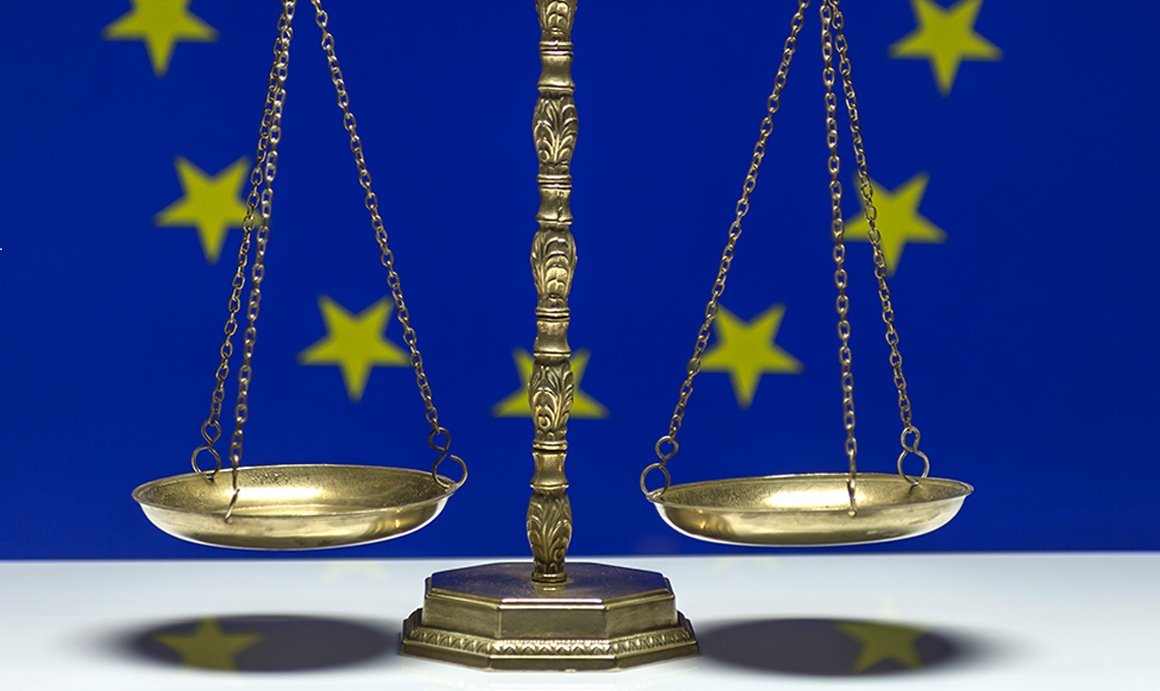
The Covid-19 pandemic was an interesting test of the EU’s rule of law policy. One could have imagined that in a desperate fight against a virus affecting all Member States, the EU would also focus on saving the lives of citizens and minimizing economic damage. In times of crisis, it would have been logical to suspend usual political battles and ideological division. The experience showed that once again, the practice happened to be different from the theory. Not only did the question of the rule of law remain on the European political agenda during the pandemic but also the intensity of the debates increased considerably. Even though all European governments introduced special political measures in order to tackle the pandemic, the Hungarian government was accused of abusing of its power by introducing the state of danger without an end date. European institutions barely functioned, but political actors managed to mobilize them quicker than ever to make coordinated political moves against Hungary’s political leadership during the coronavirus.
Since 2010, different European institutions and political players have been keeping on the agenda the debate about the situation of the rule of law in the Member States. They have constructed a European rule of law policy, which operates nowadays with an easily mobilizable political toolkit and network. From the first European Parliament debates regarding the Hungarian media law in January 2011, the EU has put in place several new instruments, mechanisms and made the topic of the respect of rule of law by the Member States a matter of a horizontal European policy.
While at the beginning, the Commission lead by José Manuel Barroso tried to assess the question of the respect of the rule of law mainly by traditional European legal instruments (infringement procedures), the Commission of Jean-Claude Juncker opted for a more political approach. This legacy also determines in part the room for manouevre of the recently elected Von der Leyen Commission. The Council, originally reluctant to the topic of the rule of law directly affecting the allocation of competences between the Union and its Member States, established as a prudent solution an annual rule of law dialogue. However, the article 7 procedures launched respectively by the Commission and the European Parliament against Poland and Hungary, transformed the Council into an important scene of the rule of law debates. The European Parliament was the institution which suggested already from October 2016 a global rule of law monitoring framework which would have monitored all European Member States every year. This initiative was first refused by the Commission, but interestingly, some years later, in 2019, the Commission announced the establishment of the annual rule of law review cycle, a mechanism close to the one proposed originally by the Parliament.
The European rule of law policy is one of the EU’s most controversial policies. Its advocates claim that Member States should fall under the control of supranational EU institutions in order to guarantee the respect of fundamental rights in European countries. Others consider that the European rule of law policy is an attack against the sovereignty of the Nation States, and is an illegal and illegitimate attempt by European institutions to interfere in national politics.
This opposition, further deepened during the Covid-19 pandemic raises the question if the European rule of law policy is compatible with the idea of an ever closer Union or it leads rather to an ever divided Union.
26.06.2020. Ákos Bence Gát
Photo: European Court of Auditors